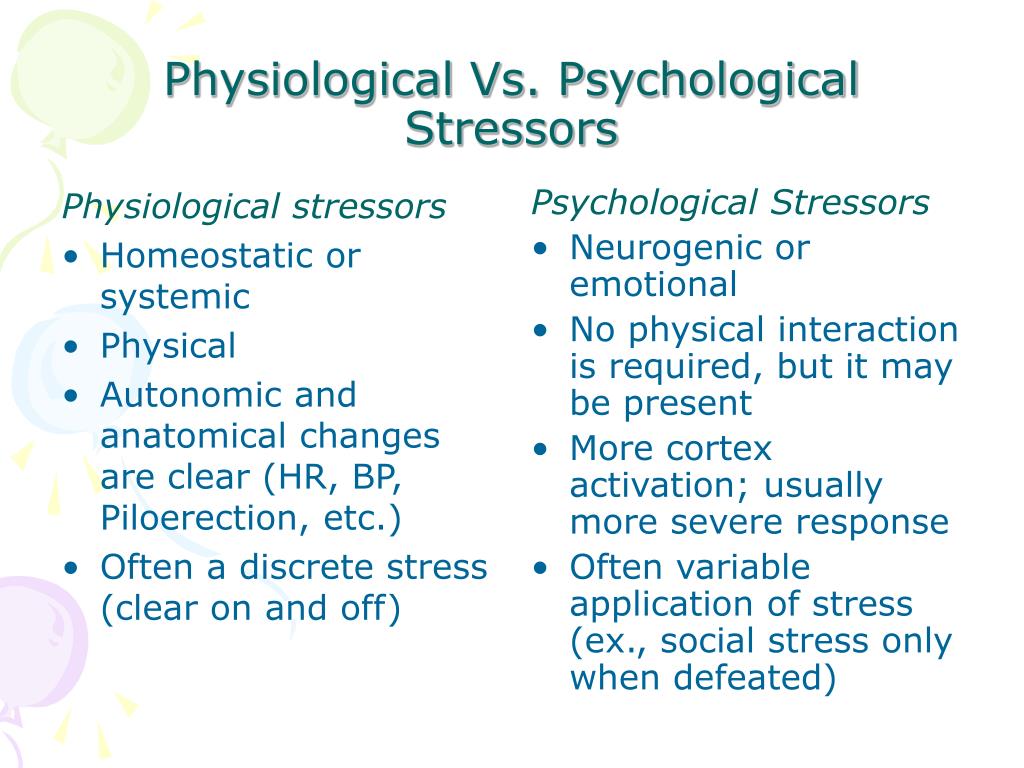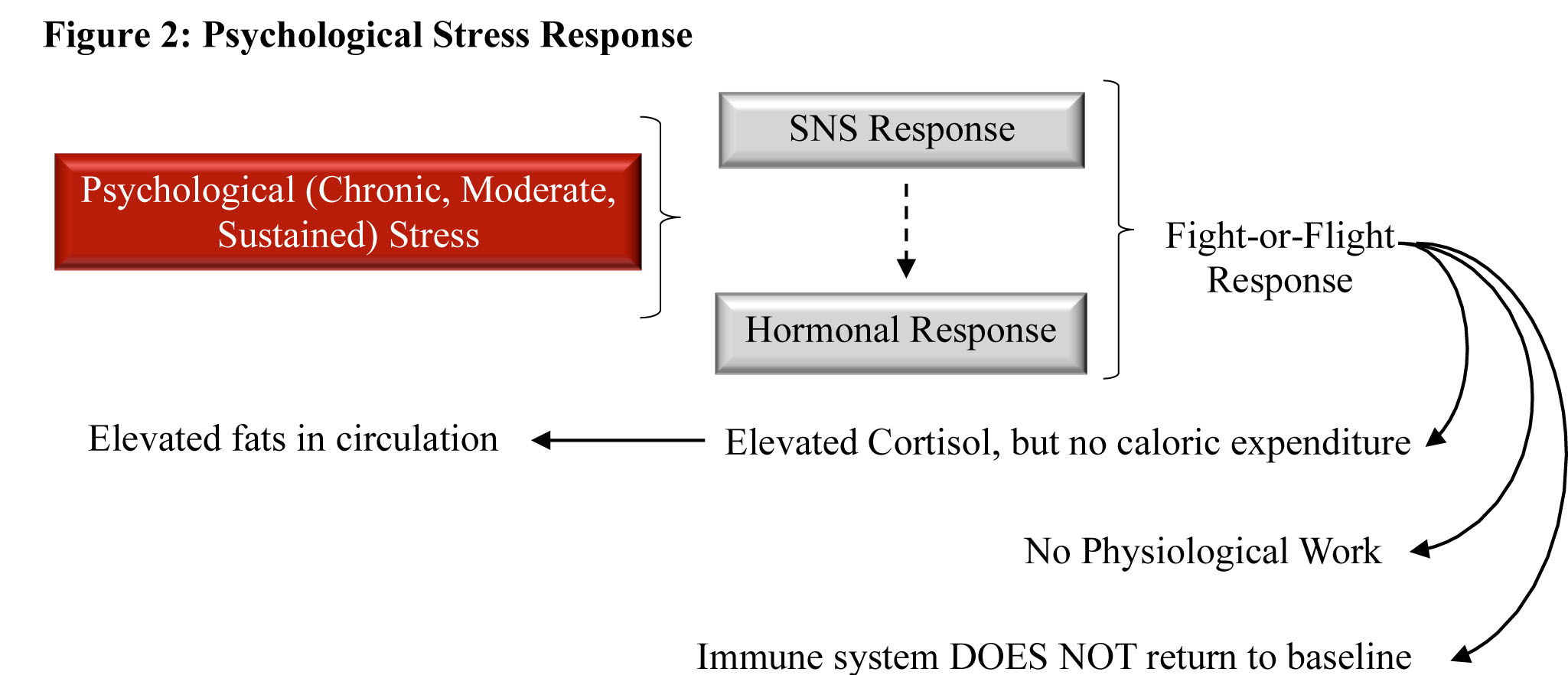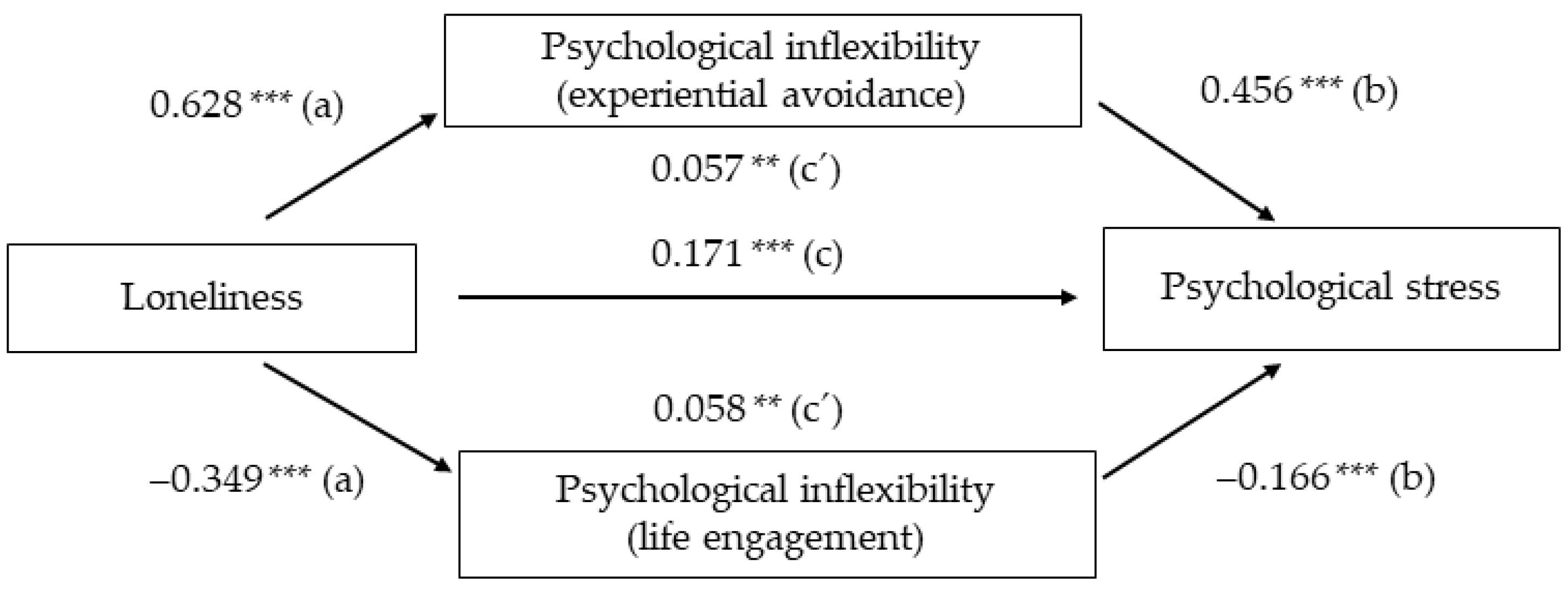A Biased View of Stress - causes and symptoms - Southern Cross NZ

Mitochondrial functions modulate neuroendocrine, metabolic Things To Know Before You Get This
Feeling of pressure and pressure Medical condition, Psychological tension, A guy revealing stress In psychology, tension is a sensation of emotional strain and pressure. Tension is a kind of mental discomfort. Small amounts of tension may be helpful, as it can improve athletic performance, motivation and response to the environment.

Stress can be external and related to the environment, but might likewise be brought on by internal understandings that trigger an individual to experience stress and anxiety or other negative feelings surrounding a scenario, such as pressure, discomfort, etc, which they then deem stressful. Hans Selye (1974) proposed four variations of stress. On one axis he locates excellent stress (eustress) and bad tension (distress).
Selye promotes balancing these: the ultimate goal would be to stabilize hyperstress and hypostress perfectly and have as much eustress as possible. The term "eustress" comes from the Greek root eu- which suggests "great" (as in "bliss"). Eustress results when a person perceives a stress factor as favorable. "Distress" comes from the Latin root dis- (as in "dissonance" or "disagreement").

Adolescence: International Aspects of Psychological Stress – Nova Science Publishers

psychological factors of stress.docx - Psychological stress definition There\u2019s a good chance we can all identify negative stress but did you know that - Course Hero
The Main Principles Of Stress and Health - Physiopedia
It takes place when a need significantly exceeds a person's capabilities. Stress may cause headache. Neutrality of stressors [modify] Stress is a non-specific action. It is neutral, and what varies is the degree of reaction. It is all about the context of the individual and how they perceive the scenario. Hans Selye defined tension as "the nonspecific (that is, typical) outcome of any need upon the body, be the result psychological or somatic." This Is Cool includes the medical definition of stress as a physical need and the colloquial meaning of tension as a psychological demand.

Stress in America™ 2020: Stress in the Time of COVID-19, Volume One
It is private differences and responses that induce either distress or eustress. Kinds of stress factors [edit] A stressor is any event, experience, or environmental stimulus that causes tension in an individual. These occasions or experiences are viewed as risks or challenges to the specific and can be either physical or psychological.
